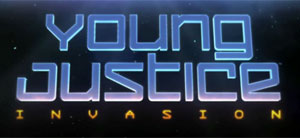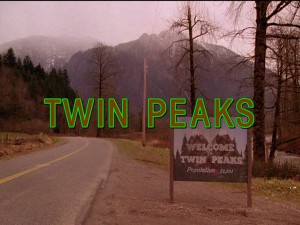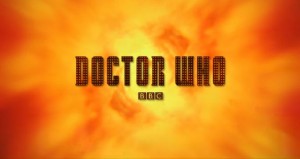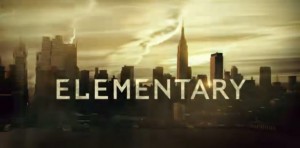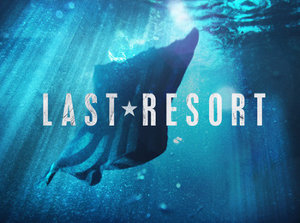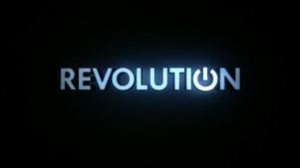The Good Wife – “I Fought the Law”
“This isn’t about the ’50s, and it’s not about women. It’s about me.”
 I don’t know that many dramas do better season premieres than The Good Wife.
I don’t know that many dramas do better season premieres than The Good Wife.
It’s not that “I Fought the Law” is necessarily a crazy episode but that it is, now in its fourth season, can effortlessly do these sorts of establishing episodes with not only aplomb but with enough little touches that it didn’t miss a step over the break.
But there’s also a lot of promise in this premiere. It’s par for the course for the series, one that likes to juggle lots of different elements. These elements don’t always pay off (Remember how excited I was about Lisa Edelstein last year?!), but it’s a sign of the show’s ever-increasing ambition that it actively pursues these elements. And I think the plots points presented here, the law firm troubles, Peter’s campaign, Kristen Chenoweth’s reporter, and another new Kalinda subplot, all show promise. Read more »
- October 2, 2012
- Noel
- Episode Review
- Season Premiere, The Good Wife


